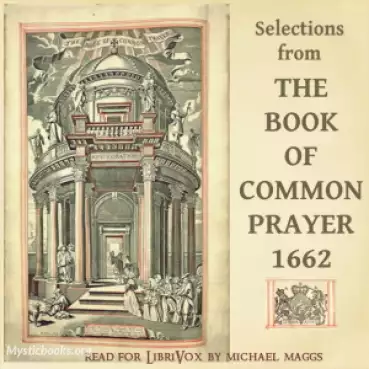
Timeline
Title
Country/Nationality
The Parliament of England
The Parliament of England was the legislature of the Kingdom of England from the 13th century until 1707 when it was replaced by the Parliament of Great Britain. Parliament evolved from the great council of bishops and peers that advised the English monarch. Great councils were first called Parliaments during the reign of Henry III (r. 1216–1272). By this time, the king required Parliament's consent to levy taxation.
Originally a unicameral body, a bicameral Parliament emerged when its membership was divided into the House of Lords and House of Commons, which included knights of the shire and burgesses. During Henry IV's time on the throne, the role of Parliament expanded beyond the determination of taxation policy to include the "redress of grievances," which essentially enabled English citizens to petition the body to address complaints in their local towns and counties. By this time, citizens were given the power to vote to elect their representatives—the burgesses—to the House of Commons.
Over the centuries, the English Parliament progressively limited the power of the English monarchy, a process that arguably culminated in the English Civil War and the High Court of Justice for the trial of Charles I.
Books by The Parliament of England

The Book of Common Prayer, 1662: selections
The Book of Common Prayer (BCP) is the name given to a number of related prayer books used in the Anglican Communion and by other Christian churches historically related to Anglicanism. The original book, published in 1549 in the reign of King Edward...